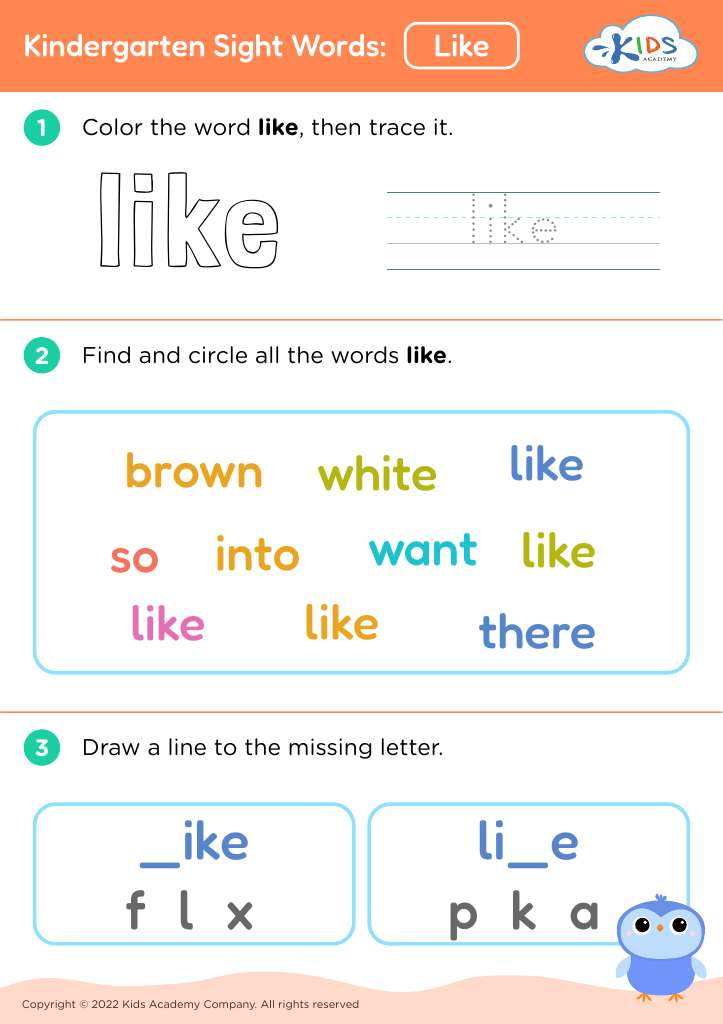Basic arithmetic skills Building Vocabulary Worksheets for Ages 3-7
3 filtered results
-
From - To
Explore our engaging Basic Arithmetic Skills Building Vocabulary Worksheets, specifically designed for children ages 3-7. These resources inspire young learners to master fundamental mathematical concepts through interactive and fun activities. Each worksheet combines essential arithmetic skills such as addition, subtraction, and number recognition with vocabulary-building exercises, enhancing both math proficiency and language development. With vibrant illustrations and age-appropriate challenges, these worksheets captivate students' attention while fostering critical thinking and problem-solving abilities. Perfect for home or classroom use, our worksheets are ideal tools to support early learners on their path to arithmetic fluency. Start your child’s journey to confident mathematics today!
Basic arithmetic skills and building vocabulary are fundamental components of early childhood education that significantly impact a child's overall development. For ages 3 to 7, children are in a crucial stage of cognitive growth where they begin to grasp essential concepts of math and language. These skills lay the groundwork for future academic success and critical thinking abilities.
Arithmetic skills, such as counting, adding, and subtracting, foster logical thinking and problem-solving abilities. Parents and teachers can engage children in fun, interactive activities that make math enjoyable, helping children develop confidence in their numerical abilities. Additionally, understanding these concepts becomes essential as children progress through school.
Building vocabulary enhances a child's communication skills, enabling them to express their thoughts and emotions clearly. A rich vocabulary helps in literacy development and enhances comprehension, making it easier for children to learn and engage in discussions. It also aids in developing social skills, as children can better understand and connect with their peers.
By focusing on basic arithmetic and vocabulary at this young age, caregivers can provide children with the tools they need to succeed academically and socially, ensuring a strong foundation for lifelong learning. Prioritizing these skills yields lasting benefits, equipping children for the challenges ahead.








.jpg)










